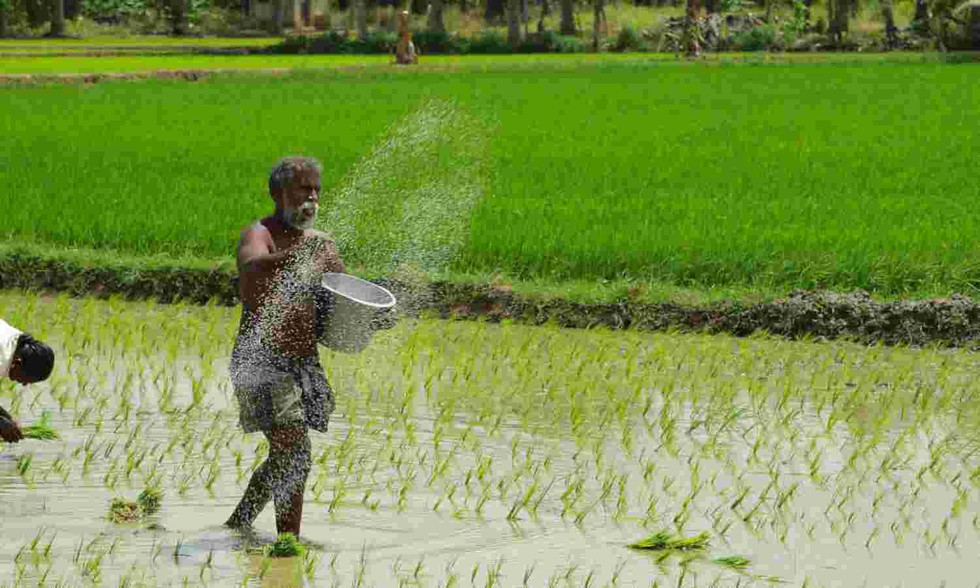About Pradhan Mantri Annadata Aay SanraksHan Abhiyan (PM-AASHA):
- It is an umbrella scheme aimed at ensuring remunerative prices to the farmers for their produce.
- The revamped PM AASHA has four components, and states can choose whichever one they wish to implement. They are:
- Price Support Scheme (PSS):
- In PSS, physical procurement of pulses, oilseeds, and copra will be done by Central Nodal Agencies with the proactive role of state governments.
- In addition to the National Agricultural Cooperative Marketing Federation of India (NAFED), Food Corporation of India (FCI) will take up PSS operations in states/districts.
- The procurement expenditure and losses due to procurement will be borne by the Central Government as per norms.
- Price Stabilization Fund (PSF):
- It will help in protecting consumers from extreme volatility in prices of agri-horticultural commodities by maintaining strategic buffer stock of pulses and onion for calibrated release; to discourage hoarding, unscrupulous speculation; and for supplies to consumers at affordable prices.
- Procurement of pulses at market price will be done by Department of Consumer Affairs (DoCA) including Pre-registered farmers on eSamridhi portal of NAFED and eSamyukti portal of NCCF whenever prices rule above MSP in the market.
- Apart from buffer maintenance, the interventions under PSF scheme have been undertaken in other crops such as Tomato and in subsidized retail sale of Bharat DaIs, Bharat Atta and Bharat Rice.
- Price Deficiency Payment Scheme (PDPS):
- Under PDPS, it is proposed to cover all oilseeds for which MSP is notified.
- Direct payment of the difference between the MSP and the selling/model price will be made to pre-registered farmers selling his produce in the notified market yard through a transparent auction process.
- All payments will be done directly into the registered bank account of the farmer.
- This scheme does not involve any physical procurement of crops, as farmers are paid the difference between the MSP price and the Sale/modal price on disposal in the notified market.
- The support of the central government for PDPS will be given as per norms.
- Market Intervention scheme (MIS):
- It will provide remunerative prices to farmers growing perishable horticulture crops. The Government has increased the coverage from 20% to 25% of production and has added a new option of making differential payment directly into the farmers’ account instead of physical procurement under MIS.
- Further, in case of TOP (Tomato, Onion & Potato) crops, to bridge the price gap in TOP crops between producing states and consuming states during peak harvesting time, the Government has decided to bear the transportation and storage expenses for the operations undertaken by Central Nodal Agencies like NAFED & NCCF which will not only ensure remunerative prices to farmers but also soften the prices of TOP crops for consumers in the market.
